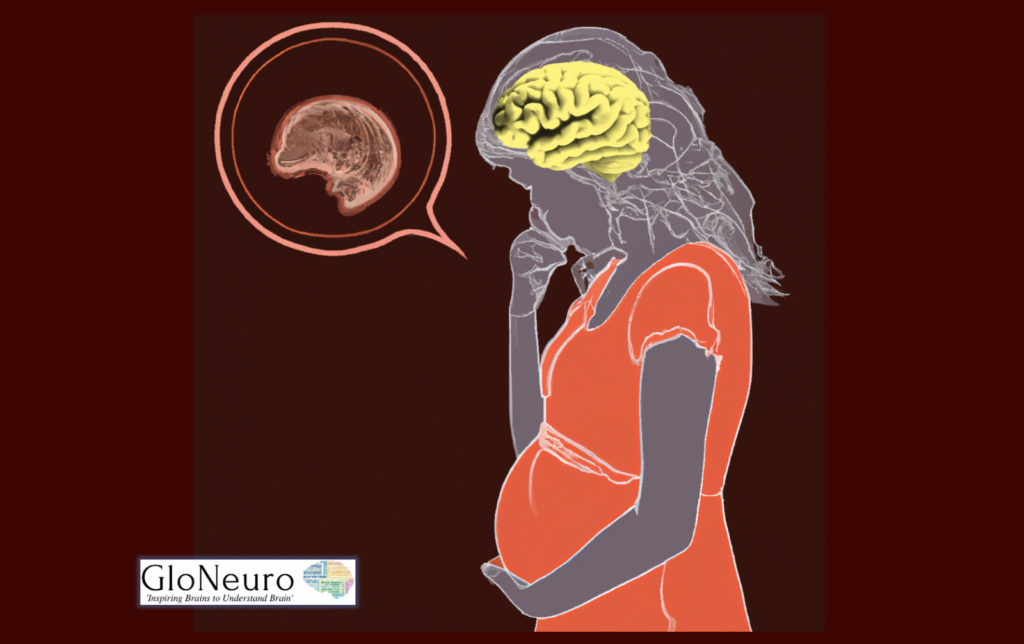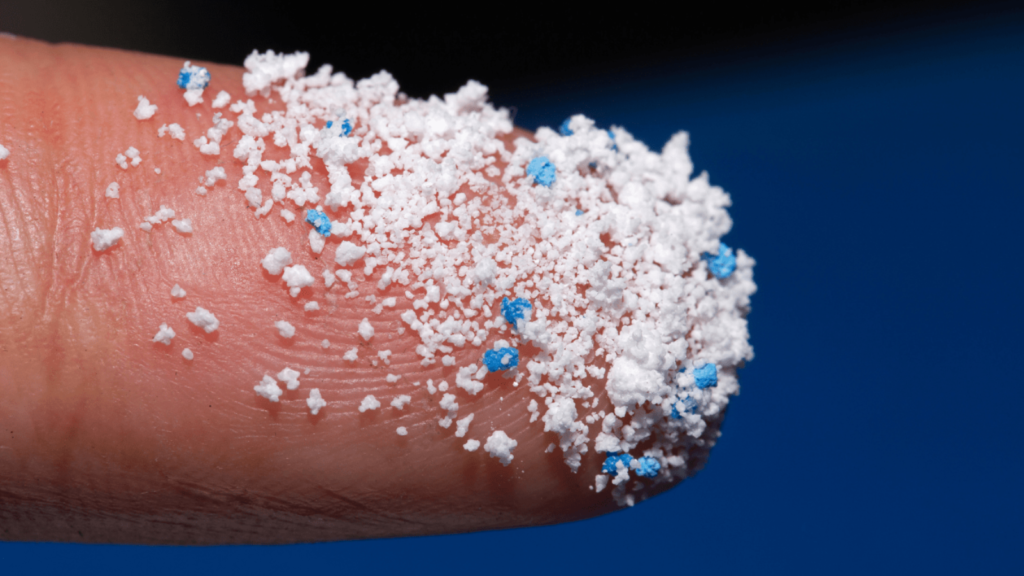May 12, 2023
Author: Ritika Bhardwaj
Editor: Dr. Shampa Ghosh
Did you know that a mother’s stress during pregnancy can impact her child’s mental health for years to come? Research has shown that prenatal stress can lead to cognitive and emotional issues such as anxiety, depression, and ADHD in children. The mother’s stress can even cause changes in the architecture of the child’s brain, impacting their memory, emotions, and learning ability. But there’s hope! With better care and resources for pregnant women, we can reduce the devastating effects of prenatal stress on the next generation. Read on the GloNeuro blog to learn more about this fascinating and important topic.

The impact of prenatal stress on brain development is a crucial issue that needs more attention. As humans, we are all exposed to stress, but it is important to understand that stress experienced by pregnant women can have long-lasting effects on their unborn child’s mental health. Studies show that exposure to stress in the prenatal and neonatal phases can increase the risk of mental illnesses in adulthood. Even micronutrient deficiency have been shown to negatively impact both physical and mental health of mother and child.
Research has shown that a mother’s mental health during pregnancy plays a significant role in determining the future mental health of the child. Maternal stress, depression, and anxiety can lead to a variety of emotional, behavioral, and cognitive issues in children, including conduct disorders, depression, anxiety, language delay, and ADHD. It can also impact a baby’s brain biochemistry and hippocampus growth, which is responsible for creating new memories and is connected to learning and emotions.
Prenatal stress not only affects brain architecture but can also be a reason for adult stress and anxiety-related issues. The hypothalamic-pituitary-adrenal axis (HPA), which mediates the stress response, is altered in response to stress. Elevated cortisol levels can lead to amygdala enlargement and cortical thinning, which can result in cognitive impairment. In addition, preterm delivery and shorter telomeres have been linked to elevated stress levels during pregnancy.
To prevent these devastating consequences for future generations, society should make adjustments to help pregnant women get the care and resources they need throughout pregnancy. This can include mandatory maternal leave or reduced work stress during pregnancy, mental health awareness campaigns, and providing resources to support pregnant women. With these little changes, we can make a big impact on the well-being of future generations.
It is essential to understand the importance of prenatal care and the impact of maternal stress on fetal brain development. By raising awareness and providing adequate support and resources to pregnant women, we can break the cycle of intergenerational mental illness and ensure a healthier future for generations to come.
References:
- Lautarescu, A., Craig, M. C., & Glover, V. (2020). Prenatal stress: Effects on fetal and child brain development. International review of neurobiology, 150, 17–40. https://doi.org/10.1016/bs.irn.2019.11.002
- Thomason, M. E., Hect, J. L., Waller, R., & Curtin, P. (2021). Interactive relations between maternal prenatal stress, fetal brain connectivity, and gestational age at delivery. Neuropsychopharmacology : official publication of the American College of Neuropsychopharmacology, 46(10), 1839–1847. https://doi.org/10.1038/s41386-021-01066-7
- Ghosh, S., Sinha, J. K., Putcha, U. K., & Raghunath, M. (2016). Severe but Not Moderate Vitamin B12 Deficiency Impairs Lipid Profile, Induces Adiposity, and Leads to Adverse Gestational Outcome in Female C57BL/6 Mice. Frontiers in nutrition, 3, 1. https://doi.org/10.3389/fnut.2016.00001
- Ghosh, S., Sinha, J. K., Muralikrishna, B., Putcha, U. K., & Raghunath, M. (2017). Chronic transgenerational vitamin B12 deficiency of severe and moderate magnitudes modulates adiposity-probable underlying mechanisms. BioFactors (Oxford, England), 43(3), 400–414. https://doi.org/10.1002/biof.1350
- Ghosh, S., Sinha, J. K., Khandelwal, N., Chakravarty, S., Kumar, A., & Raghunath, M. (2020). Increased stress and altered expression of histone modifying enzymes in brain are associated with aberrant behaviour in vitamin B12 deficient female mice. Nutritional neuroscience, 23(9), 714–723. https://doi.org/10.1080/1028415X.2018.1548676
- Maniam, J., Antoniadis, C. P., Youngson, N. A., Sinha, J. K., & Morris, M. J. (2016). Sugar Consumption Produces Effects Similar to Early Life Stress Exposure on Hippocampal Markers of Neurogenesis and Stress Response. Frontiers in molecular neuroscience, 8, 86.https://doi.org/10.3389/fnmol.2015.00086
- Nolvi, S., Merz, E. C., Kataja, E. L., & Parsons, C. E. (2023). Prenatal Stress and the Developing Brain: Postnatal Environments Promoting Resilience. Biological psychiatry, 93(10), 942–952. https://doi.org/10.1016/j.biopsych.2022.11.023
Recent Articles
.


